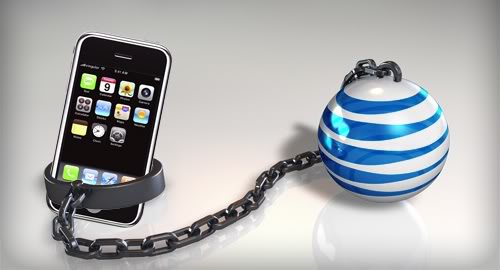
It isn’t hard at all to get on the AT&T-hating bandwagon, and the latest reason of many these days is regarding AT&T’s notorious phone unlocking policy. AT&T’s VP of Federal Regulatory Affairs, Joan Marsh, defended the wireless company’s phone unlocking policy, saying at least, at the end of the day, it does unlock its customer’s iPhones and other cellphones.
AT&T has always had mixed feelings about unlocking cellphones. Unlocking a cellphone means that you enable that phone to accept a SIM card from any wireless carrier, allowing the device to be used with either competing or international carriers, and freeing customers to take their phone where they please. The process AT&T uses is meant to deter stolen phones from jumping ship, but customers are upset they have to go through a song and dance to unlock their phones – sometimes being told they can’t unlock their devices at all.
What has made the whole situation explode recently was a recent decision made by the Library of Congress stating that unlocking cellphones is not a protected right of owning a device, and carriers can do whatever they please where it relates to unlocking them. Subsequently, a fury of petitions and bills have been pushed out to bring unlocking powers back into the hands of consumers. AT&T has issued a press statement, saying “Bottom Line: We Unlock Our Customers’ Devices” in response to those criticizing the company’s unlock process. Meanwhile, the White House recently showed its support for cellphone unlocking in response to a petition signed by more than 100,000 people.
Until a bill is passed defending the customer’s right to cellphone locking, what AT&T is doing is legal, even if it annoys customers. AT&T says it clearly outlines its unlock policy, though a large number of customers have reported trouble from AT&T while going through the unlock process. However, with the spotlight shining on phone unlocking freedom, the bare minimum may not good enough for long.


